How student encampments in Castellón (Spain) are reinventing space and time
Leon Matthias Hoffmann
“Bothered by the encampment? Look away like you do for Genocide.”
– Student encampment poster
“First genocide in history where its victims are broadcasting their own destruction in real time, and in vain hope that the world might do something.”
The student body of Castellón (Spain) started an encampment process in May 2024. As an Erasmus student in the university’s program in International Peace, Conflict and Development Studies and as someone physically and mentally involved in the encampment, I use this space to reflect on how my body and mind are exposed to different forms of empowerment, violence, and anger.

The encampment in Castellón takes place in a highly visible campus area, bringing the war in Palestine right into the heart of the academic space of Universidad Jaume I – a war that according to several International Human Rights Lawyers, among them UN Special Rapporteur Francesca Albanese, see “reasonable grounds” to name as genocide. On campus, like an oasis in the middle of a desert, a space is created that shows how we as humans, animals and nature are all connected in this world and how some of Castellón’s diverse students need this space to breathe, as they would need the water in the desert.
Resistance inside the peacefulness
In this blog, I argue that the students are resisting the given time and space as it is right next to the library. Being located right next to the library, the encampment demonstrates a different way of learning. The student body aims at drawing attention to student’s formulated demands to the University regarding the genocide in Palestine committed by the Israeli government and its military forces.
While 97% of the global student protests are peaceful (Beckett, 2024), violence and conflicts are present in peaceful times, as peace is present in war and conflict (Magalhães Teixeira, 2024). Magalhães Teixeira invites us here to question our positionality, a concept that helps us to locate ourselves, our privileges and their absences in society, time and space, by reflecting on our socialization and how we experience peace and non-peace spaces. Non-peace spaces are in the West understood as something “uncivilized” and violent, claiming that neutrality and harmony – whatever these shall mean – are the only ways to peace, a “European peace” with the reproduction of the Western status quo and norms.
As ways to question these narratives, Butler (2020) shows us how we can understand violence and non-violence in the name of self-defense, as well as how violence is legitimatized by whom and for which purpose. She argues that it is mostly the powerful, elite, one could almost say colonial oppressive power, who can decide who can act in self-defense in which way. Maybe 97% of student protests worldwide are peaceful, but they were still portrayed as “violent,” and the bodies enacting them, criminalized. And maybe they were portrayed as “peaceful,” but this does not mean they were not resisting, enacting resistance. Maybe they show us a different way of living and learning: Transforming the academic space into a space where students can breathe (Maldonado-Torres, 2016).
Who are you?
To navigate through these theoretical and physical spaces and times, epistemology helps us to locate ourselves, as it builds on the work of knowledge creation from many people before us. My professors in the Peace Master in Innsbruck put it like it allows us to see temporality as we are starting to have an epistemological conversation and debate with all the ones before us and all the ones who are coming after us. Space and time shape our worldviews, as we are shaping them. We can be more honest with ourselves as human beings with emotions that are socialized by certain norms if we acknowledge our physical and intellectual selves. We should start questioning these norms as they make us sick and impulsive by keeping us in a constant survival mode (Maté & Maté, 2022). We are living in a world in which sexism, racism, classism, militarization, and constant war get so normalized that we are losing our souls and our empathy in the process. By the speed of time, one does not even have the capacity anymore to process what happens. Instead, we are supposed to function and produce while there are genocides taking place in this world.
Reflecting on our position also enables us to critically uncover invisibility. To question why, which oppression, violence, war, and conflicts are getting more attention than others. But also which organizations and associations are included in the public discourse. I would therefore like to cite a social media post from the organization Sea-Watch e.V., which specializes in rescuing refugees in the Mediterranean and constantly encourages people to think about European border policy through its public relations work.
For the right to leave.
For the right to come.
For the right to stay.
For the right to arrive.
For decades, numerous wars and conflicts have threatened people in Congo – more than 1.5 million people have been internally displaced since the beginning of 2024. At this moment, 2,2 Million Palestinians are trapped behind politically built walls in Gaza, nowhere safe to go. In the last seven and a half months over 36.000 people – mostly civilians – were killed in Palestine and Israel, the vast majority in the Gaza Strip. In Sudan, more than 24 million people need humanitarian assistance, and over 8 million are displaced..” (seawatchcrew, 2024)
Drawing upon the work of Grosfoguel (2007), Magalhães Teixeira (2024, 5) speaks about an epistemic location and a social location: “Epistemic location refers to systems of understanding […] Social location, […] refers to the actor, person or group that is enunciating and articulating systems of knowledge.” From this starting point, the author invites to “further challenge the lack of creativity and imaginative power in envisioning peace beyond the structures of the Eurocentric and neoliberal global capitalist order” (2024, 5). By going beyond a performance-based academic space, Castellón’s encampments are creating islands of resistance within the ocean of order and the expected norms.
Magalhães Teixeira’s argument is that peace and peacebuilding are closely linked to the idea of development, and extraction of resources to promote economic growth. Constructing an illusion that a capitalist neoliberal world brings liberation from the “peaceful” Global North to the “violent” conflicting Global South.
By criticizing this colonial capitalist understanding of peace, Magalhães Teixeira (2012, 11) argues that “a positive peace and degrowth approach together promote the negation of violent structures and a more egalitarian sharing of resources, wealth, and power in order to foster greater well-being”. She argues that the discourse should be orientated on the concept of buen vivir. Building on her theorization, I would articulate that the discussion should be about what a good living is and not how we could constantly grow at all costs. The lack of discourse about what a good living is demonstrates:
“[…] how the global capitalist system, as well as Western liberal institutions are not built to allow for ‘the right to say no’ of communities and groups that do not wish to subscribe to the Western ideals of economic growth, development, and modernity and to the destruction of the environment and their ways of life” (Magalhães Teixeira 2024, 22).
To establish this system, she argues that it needs “room to grow” and the “right to say no,” mostly both, by the Global South to the Global North. Since I agree with her argument, I would like to add the following: based on the idea that we are all connected in this world, I would like to bring the student movements in the West, especially in Castellón, into her argumentation. I want to illustrate how the camps advance coincide with her argument but locate it in decolonizing activism in the Global North, thereby creating a space where we could learn what Escobar calls the “politics of the pluriverse” – so to say, a world in which many worlds fit (Escobar, 2020) against a universal view of the world. I argue that these movements show that they do not want to stay in these systems of colonial, capitalist, and neoliberal ideologies.
The fact that student movements, besides the current student camps and Fridays for Future, do not receive as much media attention shows why they are not yet considered more in academic discourse and other sources. It also shows how they are not considered pedagogical spaces.
“The right to say no” to the system in the systems
I want to follow Maldonado Torres’ argumentation that “[d]ecolonial student movements also play an irreplaceable role in the process of decolonization, and they will continue emerging until the university, if not also society, is decolonized” (Maldonado-Torres 2016, 3).
By doing this, I follow the idea of “room to grow” and the “right to say no” inside the university system and critically reflect on it. The student encampments in 2024 pushed the media attention to one of the most controversial colonial topics of the last 75 years. As a student within the university system and the encampments, I was able to experience how many of us are looking for those spaces and to make people listen to what we have to say. We are saying no; with our hearts, our bodies, and our intellectual minds. We are willing to start the journey of decolonizing knowledge on Palestine, following the steps of Ahlam Muhtaseb, as she describes it as a process of first Seeking knowledge, then Critiquing and challenging knowledge, and eventually Decolonizing knowledge by producing it (Ahlam, 2021).
This reflection is also guided by Macklemore when he raps in his song:
What you willin’ to risk? What you willin’ to give?
What if you were in Gaza? What if those were your kids?
If the West was pretendin’ that you didn’t exist
You’d want the world to stand up and the students finally did, let’s get it (Woo)
The students finally stood up. We stood up in one of the oldest systems within the Global North: The system of enlightenment. Enlightenment for the white elite, as they took the right to say yes to explore as much as they wanted and to take the power to decide what is knowledge and what is not. Building on all the liberation movements before us, we are not those people anymore. We as the students are coming now from all around the world representing an intersectional understanding that goes beyond the initial understanding of Crenshaw (Cho et al. 2013) when she speaks about class, race, and gender. Coming together with different religions, indigenous histories, migration, and refugee backgrounds. The students from Europe cannot be divided anymore into the global south and the global north and are the ones who are not represented anymore when Maldonado-Torres (2016, 4) writes about the university system:
[…] western universities were initially reserved for the elite and later for the upper class and the white middle class. […] Youth are supposed to embrace the promise of inclusion in the middle class and value every encounter with ‘civilized’ and modern values at the university.
I think this is the space we need to see when Magalhães Teixeira (2024) speaks in her article about the “space to grow” and the “right to say no” in combination with economic degrowth in the Global North as a consequence of an equality movement of the Global South. I would even go a step further: in the diverse societies of Europe and the student movement in Castellón, there must be space to grow and a space to say no within the oppressive system in Europe itself. As space shapes our social and epistemic location, someone also creates it for a specific purpose. In the process of deconstructing this space, it can be helpful to look into other disciplines and knowledge products. For example, O’Doherty and McEvilley (2012) reflect on space by questioning the space of a gallery. In the book Inside the White Cube: The Ideology of the Gallery Space, the reader is encouraged to rethink space. Who feels comfortable in the space we move in? For whom and by whom is the space created and for what purpose? Are people allowed to eat and drink? How much stress can one have? How much fun, joy, and care are collectively expected? How is the University space created, by who is it made, for who, and with what purpose?
The university system in the West can be seen, as a highly individualized support system, promoting the learning and the careers of the individual student. Keating (2009) describes this as follows: “Seduced by stories of self-contained individualism, the majority of my students have no sense of their accountability to others; nor can they recognize that their actions have a profound effect on others […].” By making encampments in these spaces collective, it begins to displace, contest, decolonize, and subvert the norms and epistemologies of academic values: “Decoloniality […] is a direct challenge to the temporal, spatial and subjective axis of the modern/colonial world and its institutions, including the university and the state” (Maldonado-Torres, 2016, p. 4). The encampments does this by creating and/or highlighting the existing often unseen or covered outside space for learning and unlearning. By empowering students to understand that work and learning do not have to be how the capitalist and neoliberal worldview tells us. Capitalism wants us to believe that work is only of value when it generates money, as a product that can be sold and a product that wants to be consumed (Troiani & Dutson, 2021). At the same time, neoliberal pedagogy tells us that our intellectual learning can only happen alone by transmitting and reproducing knowledge to uphold the system.
The camps disrupt this disembodied knowledge creation. They bring us into a space where a diversity of minds come together to create knowledge by bringing disciplines together – and not just through discussion. Students are more than just containers who are supposed to be filled by the educators (Freire 2000). It is a space that allows us to question the conditions of what activism stands for, but also what the whole process looks like until an unclear end goal is reached through activism. An end goal that reinvents itself in the process in order to be able to respond to the constant changes of our time. One could say that pedagogical learning could be seen as idealistic, if it had an end goal, but decolonial peaces (Fontan, 2012; Khalidi, 2024) will not happen tomorrow if we do not put in the work. However, a pedagogy of space means to learn the process collectively: to learn, offer, and teach how to handle conflicts within the group and from outside the group, even from forces that you thought before might be there to protect you or support you. How anger, fear, hope, and joy come into a learning space as they work on something together. Beyond frustration and performance pressure in the academic world.
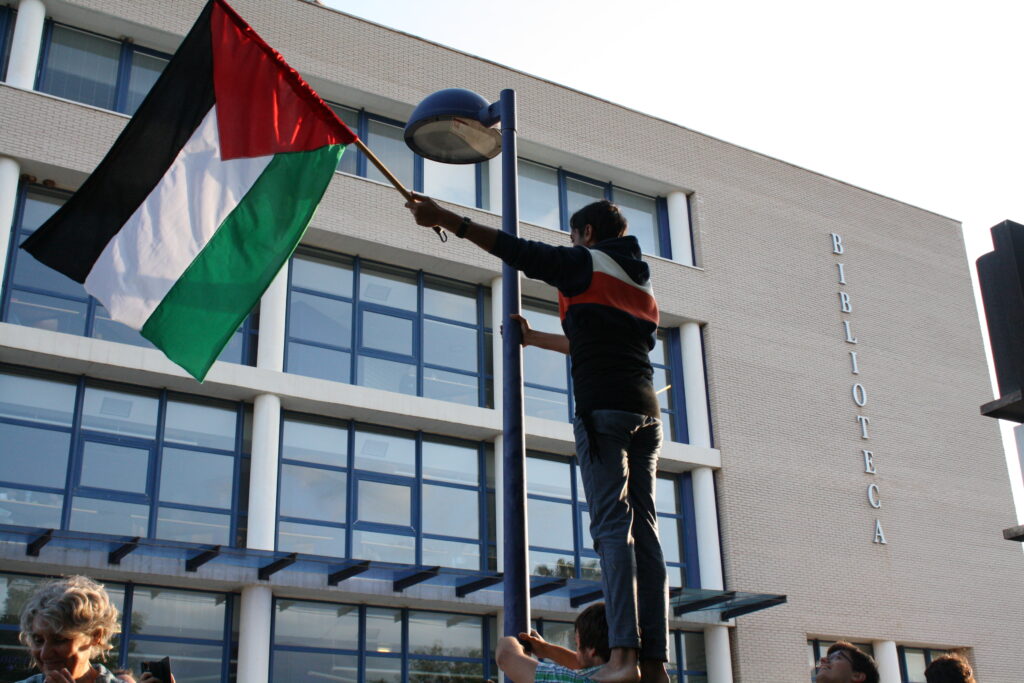
To follow Lorde’s (1983) metaphor, the encampments create spaces in the master’s house, but without using the master’s individualized learning tools. Thus, the created space follows the purpose of questioning and reinventing the system from a position of love and care (Krystalli & Schulz 2022). The creation of space within the space is what I argue is the room to grow in “western neoliberal academia” (Troiani & Dutson 2021). This space wants to say no to the current epistemic and social system of knowledge production and reproduction (Magalhães Teixeira 2024).
The camps violate the supposed purpose of space within the academy, but by doing so in Castellón, in May 2024, they also violate a specific time in the system. The time of the reproduction of hierarchies through individual exams. Promoting norms of performance that are only valued by individual effort, making collective efforts worthless, in conjunction with a deep system that follows Foucault’s power analysis when discussing surveillance and punishment in the penal system (Foucault and Seitter, 2022). We could argue that this mindset is present in the student body in the encampment. They constantly must decide between participating in the academic system and the activist learning, since every time they fail an exam, they must pay more money to retake the exam. We are getting monitored in our performance and punished if we do not achieve it.
The system of “universities becoming command and control centers, making it easy to militarize them when resistance arises. Many students feel suffocated and breathless in this context” (Maldonado-Torres 2016, 5). Capitalism and neoliberalism are now so present in the university system that even the student body in the university is divided in seeing how activism can be of value, as it does not “support my career,” it is nothing I have to pay for, or what I can directly get something from. The empowerment of students who are willing to risks, who are willing to give, who try to understand if they were in Gaza and if such were their kids, who are trying to understand how it feels if people pretend that they do not exist, they are taking the brave to stand up. Standing up and asking themselves how a different world could look like.
Interactions between the systems
I write this text with the intention that people will read it, but I also realize how the tension of time affects me. In this text, I mostly write about the encampment itself. But to make the university listen to our demand we had to do multiple actions, which has been sometimes more tense than others.
Through the encampments, my academic life mixes even more with my activism. I am at the university when the sun rises and sets. The constant presence of oneself demands the strength to stand up for one’s values and thoughts. At a time when so much information is pouring in while we are physically and mentally resisting, it requires us to question and reflect on ourselves, but also to believe in ourselves and our hearts. If we only see the evil in the world, we cannot be creative in creating other worlds. We must believe that we are not the “bad” in this story. That we are not telling the wrong story.
In the picture below, you can us walking with “bodies” in white foil—the same as what you see in the media about Palestine. In one action, we were carrying them through the library, and as many were not looking at us at all, some were witnessing us, but some started even laughing at us.
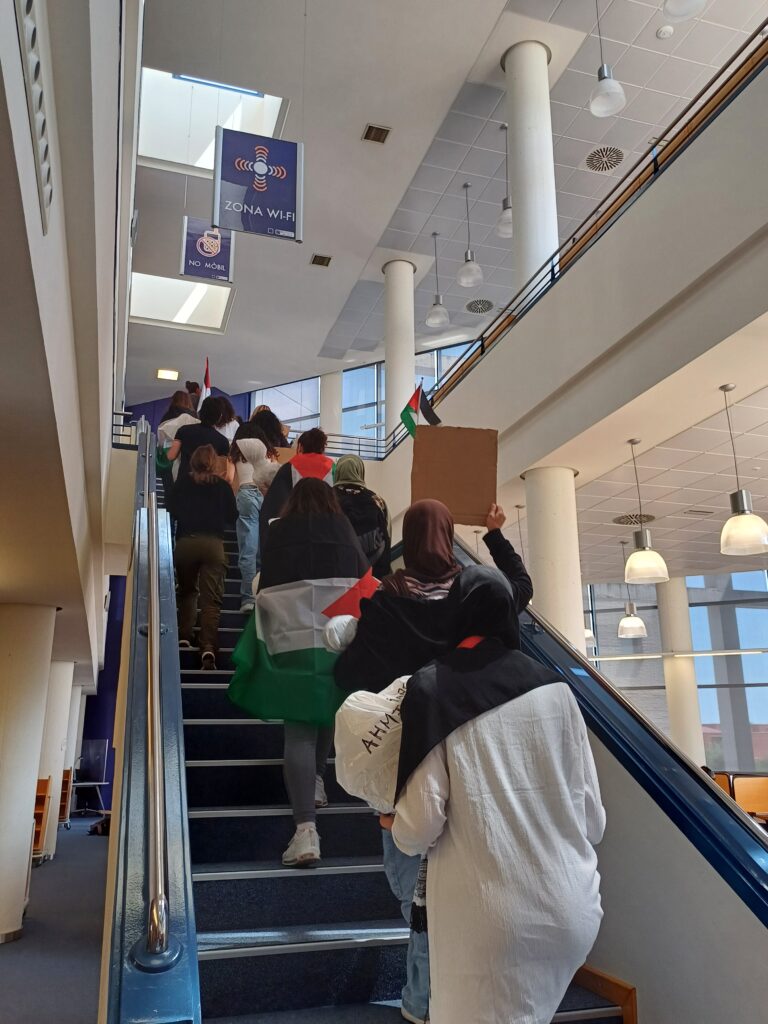
Is this what a nonviolent society looks like? A nonviolent, “civilized West”? The structures, the threat to students in academic life, and the massive ignorance and indifference are not seen as violent. The students at the camps are portrayed as the criminalized “hippies” who are on the wrong side of their careers.
One question that will probably be with me for a long time, which I have also begun to reflect on in this text, is how far from resistance in art, text, and action can and is allowed to go. While this action was, for me, already very intense, it is even more incomprehensible how people can start laughing about it.
While activism divides colleges, friends, and family, it also brings them together, showing us and the world how people are truly themselves in the world. When I took part in this movement during my studies, I was able to experience how powerful these spaces are. The camps at the university where not only created for students to come together. People from organizations, activists, residents, and professors came together. This showed me how necessary it is for so many people to have such opportunities. Some joined the movement to form a community, others to share knowledge, and still others to escape the feeling of powerlessness. By breaking the idea of closed disciplines and giving other movements the right to be in this space, I felt strongly how important this space is. A space created by people who do this work from the bottom of their hearts. Which they fill with profound conversations, reflections, healing, and connections.
Cover photo: Jota @whosfotos
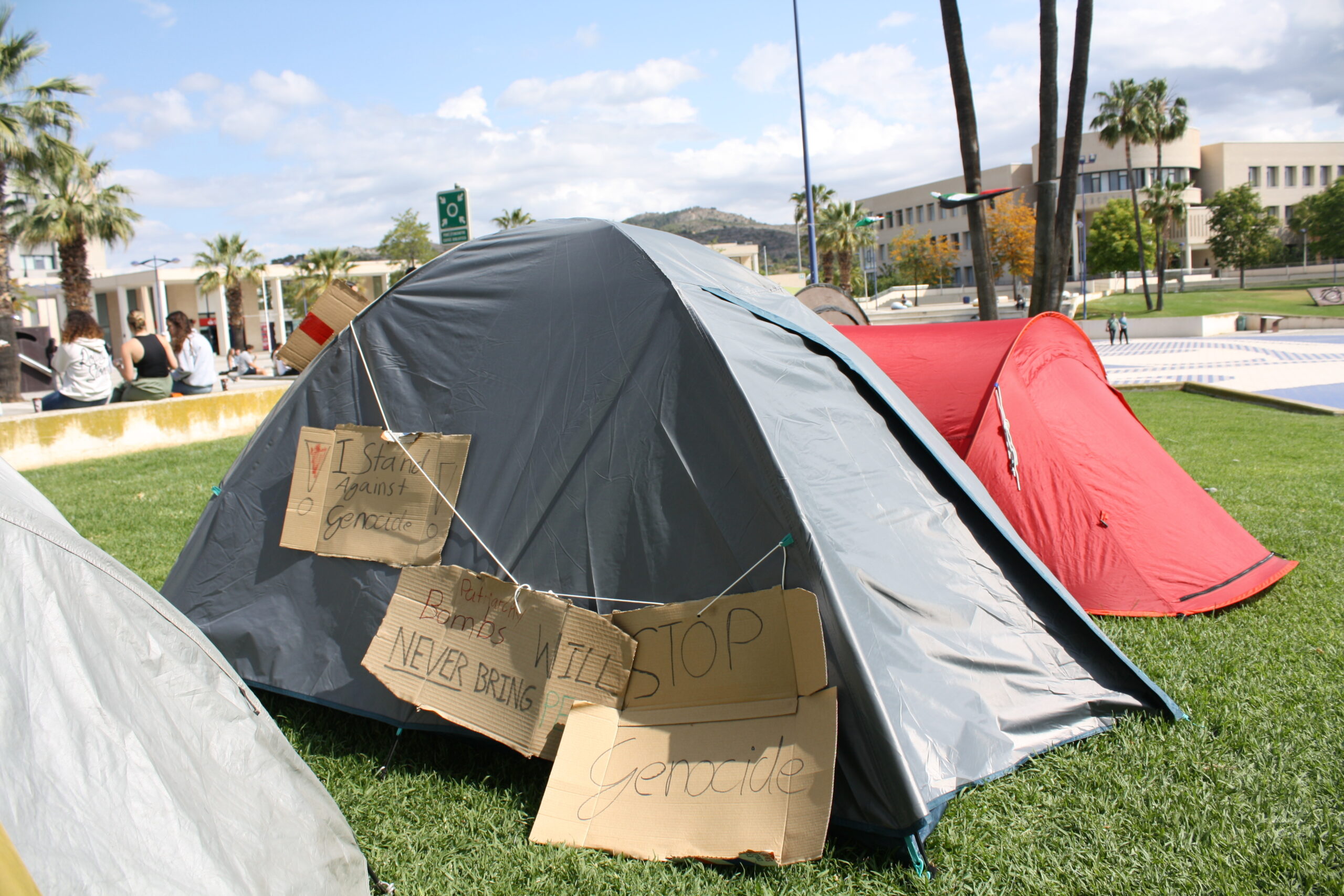

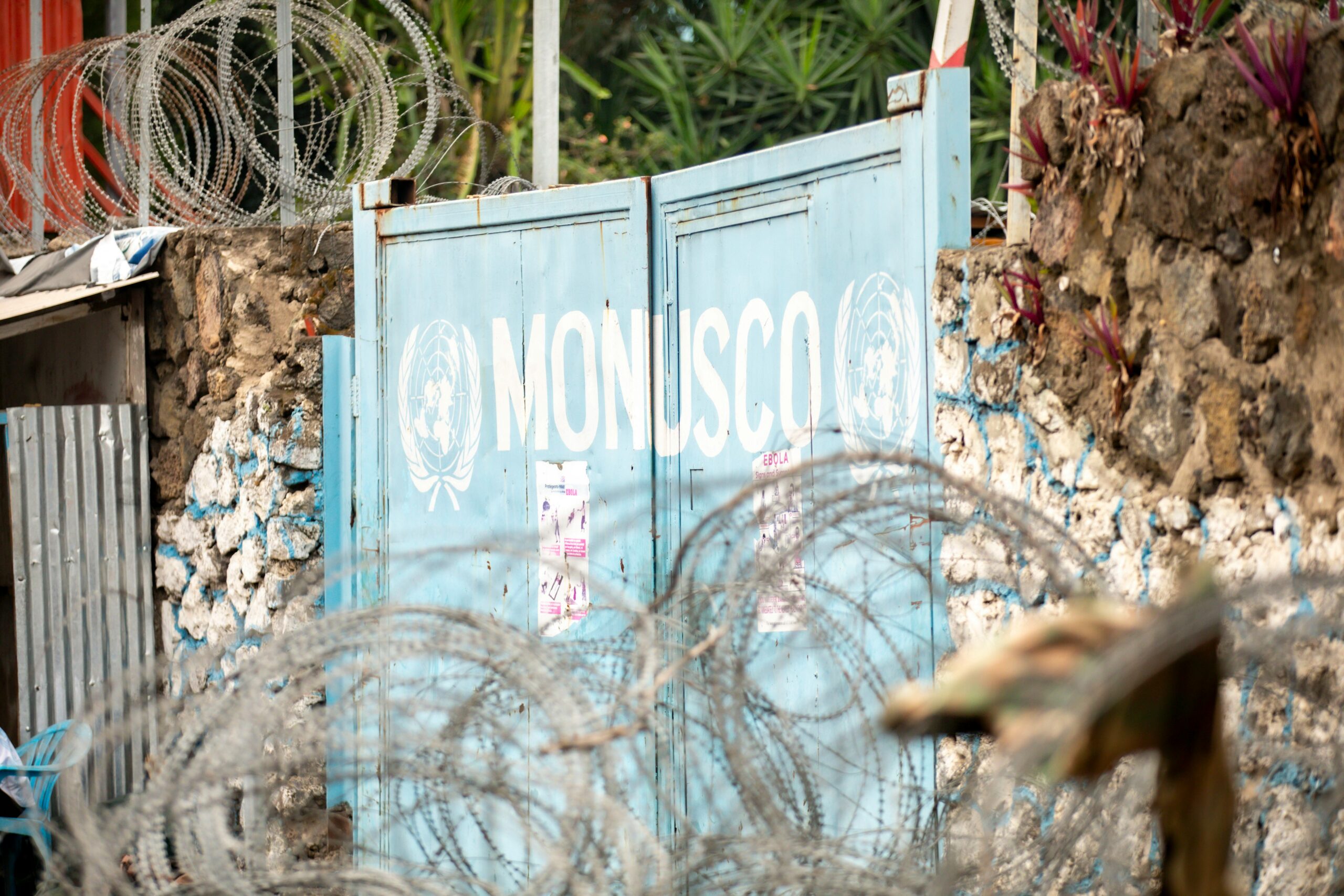

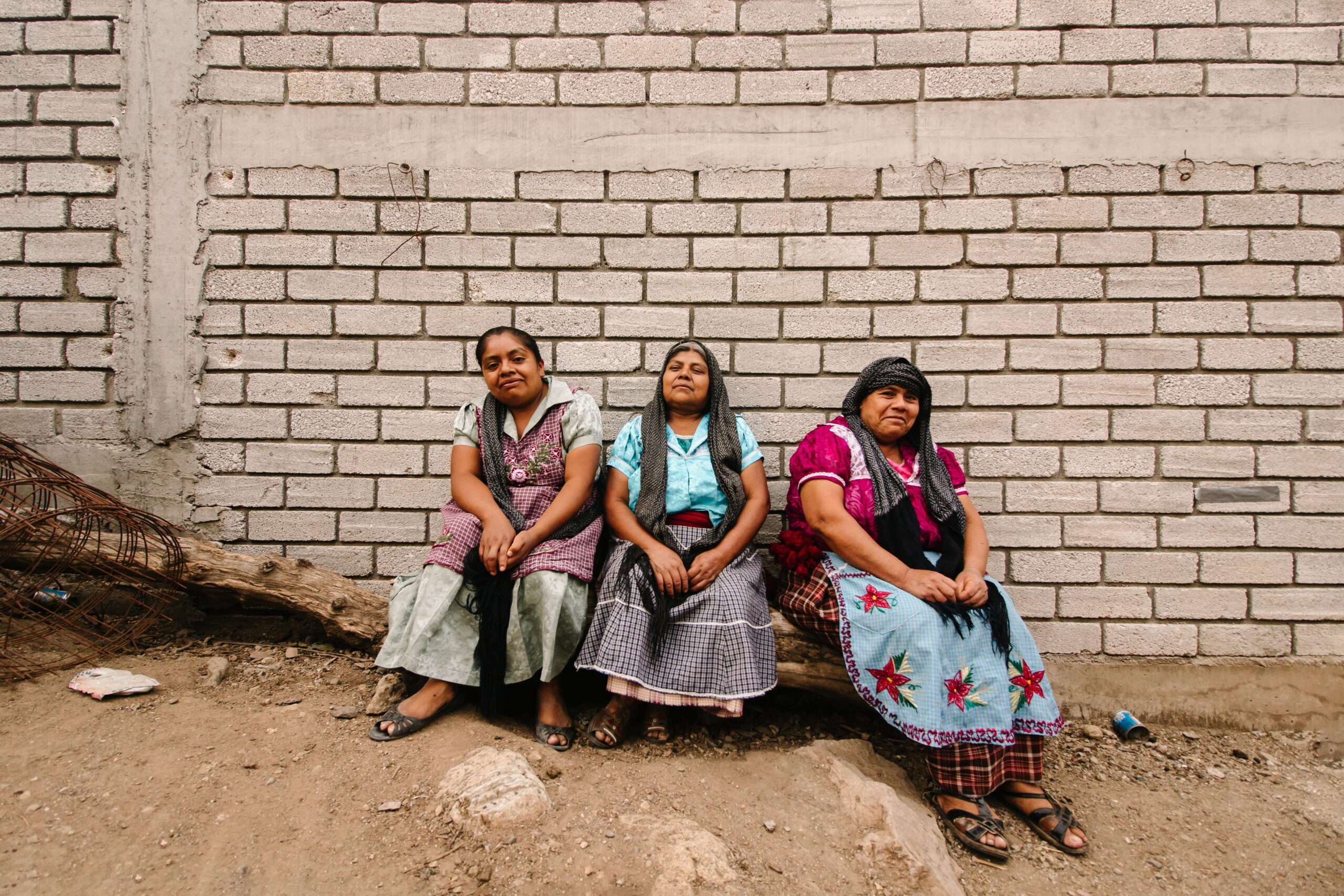
One response to “Activism in times of a genocide”
Dear Leon,
thank you for your careful and thoughtful engagement with my work. I am so excited to see how you managed to use the ideas of “room to grow” and “the right to say no” beyond what I had even initially proposed. I am honored that my ideas can be used to analyze such important work being done by the students resisting genocide and complicity across the world. All the power to you in Castellón and to all students everywhere!
Best,
Barbara Magalhães Teixeira